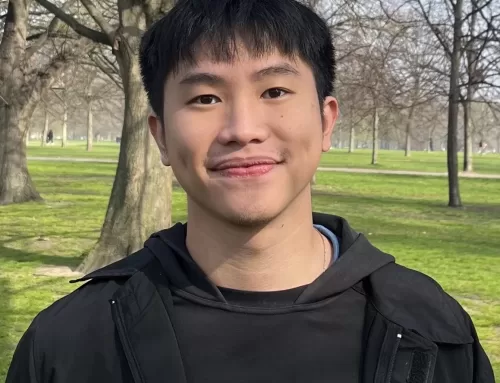
US Policy on IP could have long reaching effects
In the first month of the new US administration we have collectively seen several mile markers towards alternative future scenarios. The president has projected a bias towards US innovation, development, and economic growth – the associated potential for shift in IP policy and the operation of the USPTO (United States Patent and Trademark Office) is intriguing. The outgoing USPTO director had strong connections to future oriented avenues of innovation with history in Silicon Valley (Google) and AI research (MIT). While Trump has broadly signaled his personal value of IP in reference to his and his family’s brands and books, he has not yet nominated a replacement. Jeff Sessions brings a strong point of view on patent regulation having opposed the America Invents Act in 2011 that implemented a shift from “first to invent” to “first to file” and included a series of provisions for inventors to extend protections. His primary objections were related to the pharmaceutical industry’s lobbying of the new regulation to maintain protection against generics.
Let’s consider Trump’s dim view of corporate inversions, and strong perspective on home grown economic growth. A new equilibrium “American IP First” scenario could distinguish rights based on the filer’s country of origin. Patents granted to US companies or individuals would receive preferential benefits (duration of protections, filing priority, etc.) vs. foreign initiated applications. While certainly not a primary platform point, it’s a highly plausible tactical move that could have VERY long reaching and long range strategic implications for globally operating entities. — Bo Roe




